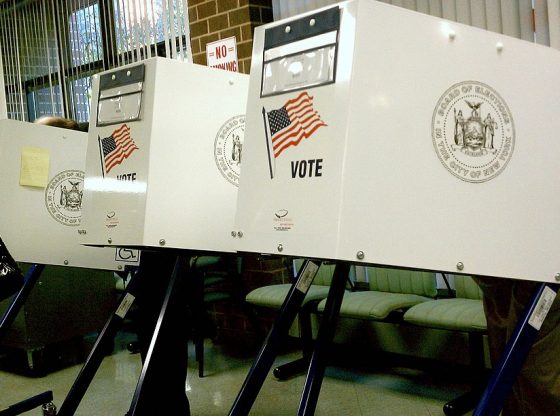So one thing all Americans will be thankful for this year, and that is the end of election season. Hopefully, families will gather around the table and talk about anything but politics.
But no doubt, as soon as the new Congress is sworn in, and as of today, the odds still favor a divided Congress, the political class will begin chattering about 2024. What lessons are there to be learned, especially for conservatives and Republicans (not always the same thing) from this election?
Well, let’s be brutally honest, a hard retrospection is needed. What happened to the Red Wave? And what is likely to happen not only in 2024 but down the road? All of these are excellent questions, and unfortunately, there are no easy answers.
But let’s address the major elephant in the room (no pun intended), voting patterns are changing. Even as Republicans made significant inroads with minority voters, the emerging tide of younger voters ages 18-29 is becoming predictably liberal and voting Democratic. Some Republicans are open about the need to begin rebuilding the party. The Democrat agenda is pretty easy to sum up “We’re gonna give you lots of free stuff by taxing the rich, and you can be or do or have sex with anyone you want at any time without consequences.” While that may seem overly simplistic, it certainly matches the policies of Democratic politicians at the local, state, and national levels.
However, even as the national picture didn’t turn out as well as conservatives wanted, the picture is not totally bleak. All politics is local, as the phrase goes, and it’s important to begin rebuilding the Republican and conservative brand at the local level where conservative policies are becoming more popular–reducing crime, getting sex and porn out of the schools, and trying to implement good governance. More importantly, conservatives have to understand that liberals have had a half-century of indoctrinating (yes, that word is correct) two entire generations in the virtues of socialism, the perils of climate change, and racial politics that diminish the virtues of equal opportunity and hard work in favor of “equity” that is discrimination in disguise.
But most of all, Republicans of all stripes have got to come together against a common political foe. The retrospection should not turn into a finger-pointing session—let’s be real, there’s plenty of blame to go around. For the good of the party and good of the country, a red-on-red engagement should be avoided at all costs. Consider that Ronald Reagan built a huge coalition built around general principles and won two elections in landslides. On their worst day, any Republican is still far more conservative than any Democrat, so establishing some litmus test of MAGA or not MAGA seems to be foolish at this point.











